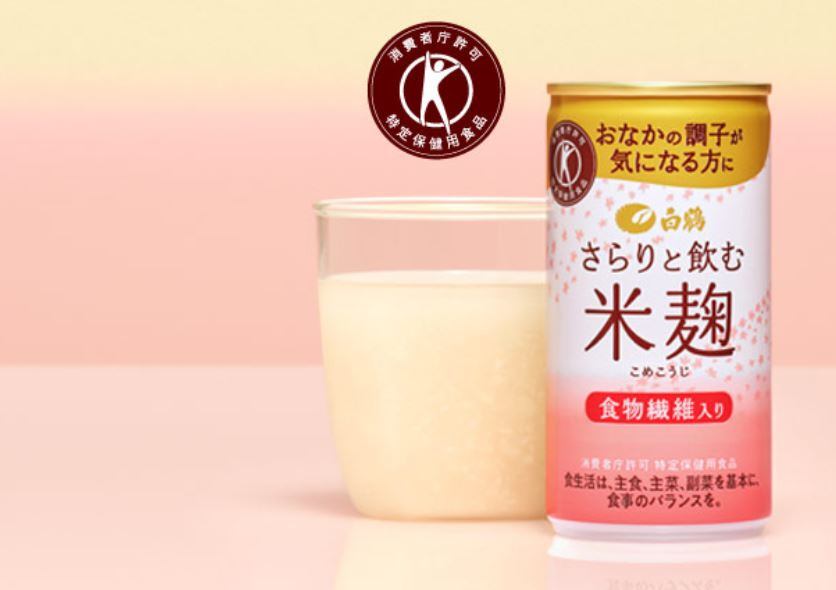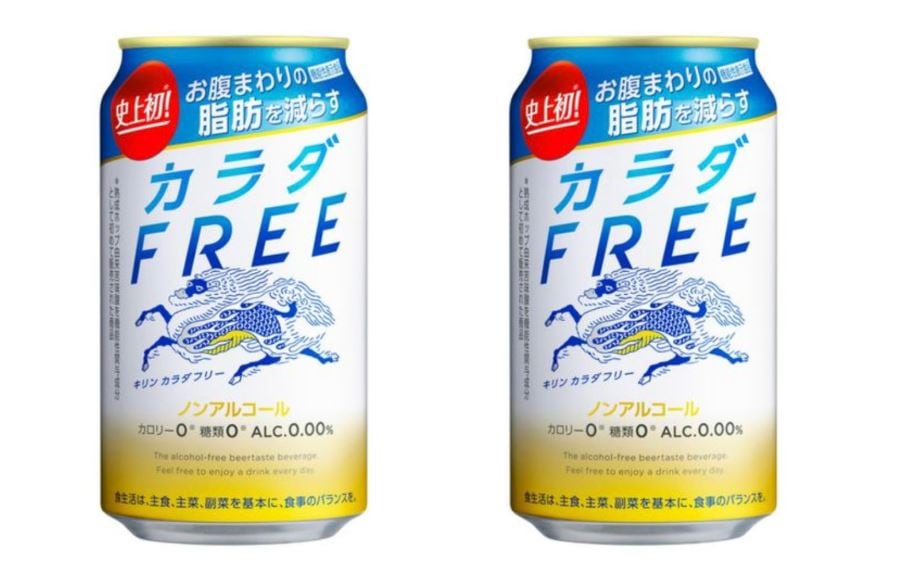The non-alcoholic drink, Hakutsuru Sake and Drink Rice Koji (Japanese name: Sarari to Nomu Kome Koji) contains indigestible dextrin which is a form of water-soluble dietary fibre said to help maintain good intestinal environment.
Masahiro Nishida, manager of the public relations section at the Hakutsuru Sake Brewery said this is the first product in the rice koji-drink category in Japan to receive the FOSHU approval.
FOSHU also known as TOKUHO is a status given to foods with specified health uses with supporting scientific evidence on its efficacy and safety. Review is conducted by the Consumer Affairs Agency in Japan.
Clinical studies
The firm conducted a clinical trial to evaluate the benefits of its functional ingredient. Two intestinal conditions, constipation and diarrhoea were studied.
In the constipation study, 27 healthy adults were divided into two groups. The test group consumed a drink containing 5g of indigestible dextrin daily for 10 days. The placebo group consumed a drink without the functional ingredient.
The primary outcome was the frequency and amount of defecation.
It was found that after 10 days, ingestion of indigestible dextrin significantly increased stool frequency and volume. The test group had a defecation frequency of 9.3 times compared to the placebo group (7.3 times).
The test group also had higher volume (in terms of pieces) of stool at 20.7 pieces, compared to the placebo group (14.8 pieces).
In the diarrhoea study, 18 adults who were experiencing diarrhoea were divided into a test or placebo group. The test group consumed 10g of indigestible dextrin three times a day (30g/day) for 12 weeks.
It was found that ingestible dextrin significantly reduced the frequency of diarrhoea and watery stool from week four (p<0.05) to week 12 (p<0.01).
Japan’s dietary fibre intake
The drink is made by fermenting rice koji, which is an important ingredient in sake brewing, although this product is non-alcoholic. According to Nishida, alcoholic beverages cannot be approved as TOKUHO in Japan.
The company said the perception of fermented foods such as rice koji on beauty and health was growing in recent years.
It plans to target health-conscious consumers with this drink. It is suitable for people who do not consume enough dietary fibre in their diets or those who are concerned about their intestinal health.
Nishida told us when an individual does not consume enough dietary fibre in their diets, there is a risk of contracting lifestyle diseases and degradation of the intestinal environmental.
According to the 2018 National Heath and Nutrition Survey results, the Japanese population from 15 to 70 years old was not consuming enough dietary fibre.
The lowest intake for men was 13.6g/day (30-39 years old), and the highest was 17.5g/day (above 70 years old).
Women were consuming between 11.9g/day (20-29 years old) to 16.7g/day (60-69 years old).
The recommended daily intake is 20g/day for men and 18g/day for women.
The product (190g/can) contains 4.2g of indigestible dextrin fibre, and the company recommends an intake of one can per day, which can fulfil about 22% of the daily reference value.
Nishida told us said the company has no plans to distribute the drink overseas, but in Japan, it can be found in supermarkets and drug stores.
The company has not set a retail price, Nishida explained, “This product has an open price that retailer can set at its discretion.”
We will be shining the spotlight on the extensive food, nutrition and beverage opportunities that are being created by the region’s rapidly ageing population, and a growing interest in health and wellness across the board, at our Healthy Ageing APAC Summit in Singapore this July. Find out more here.


